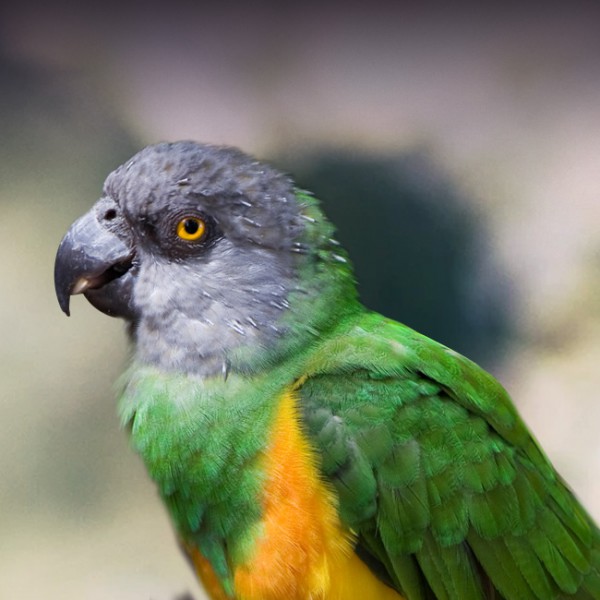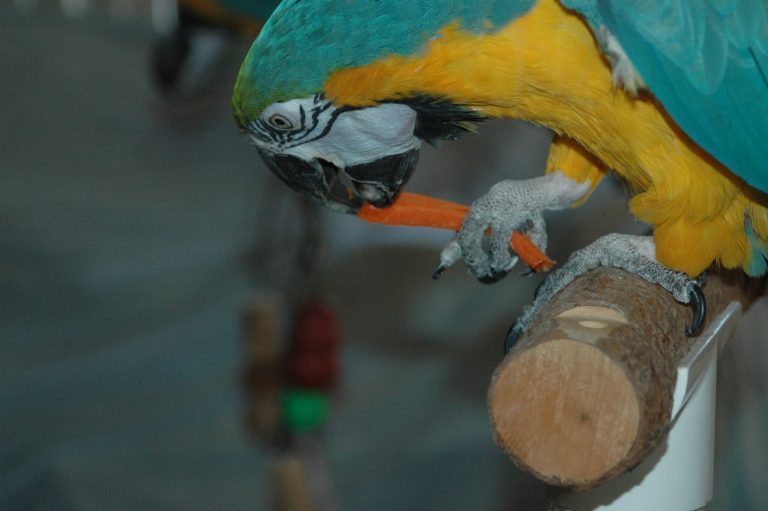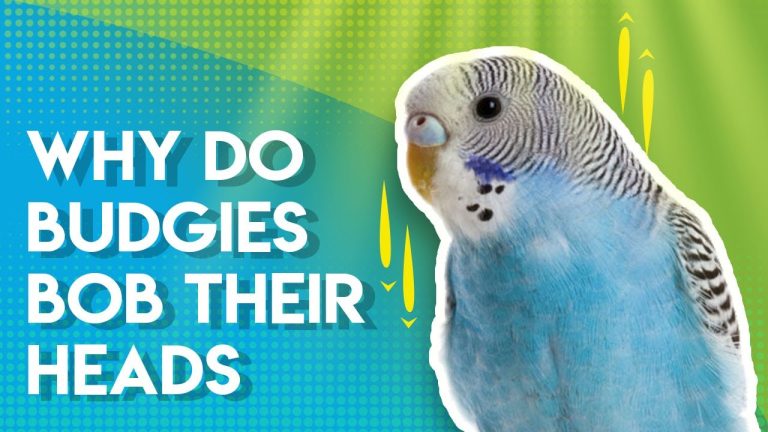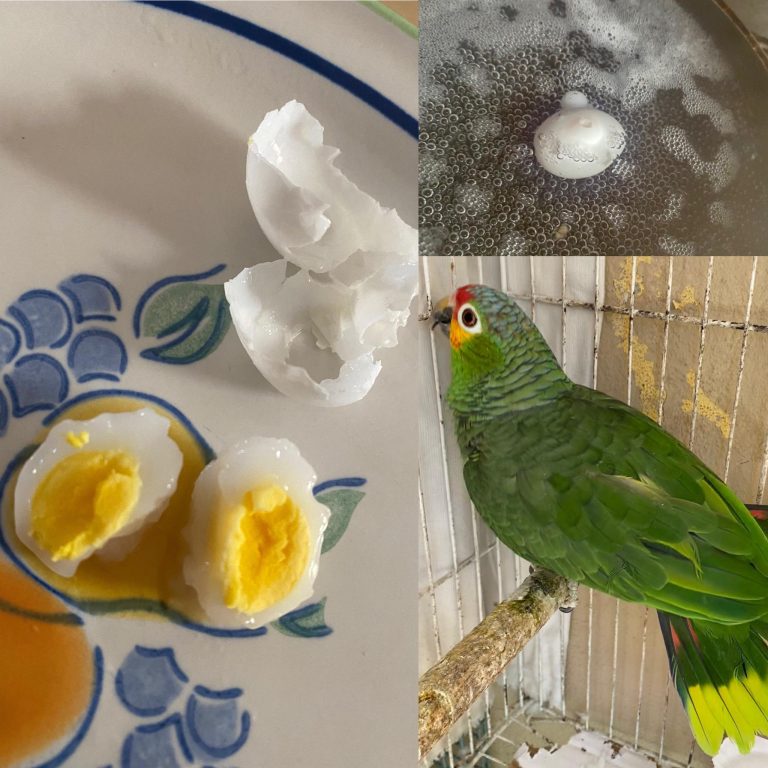Lifespan of a Senegal Parrot: Vital Insights & Tips!
The lifespan of a Senegal Parrot typically ranges from 20 to 30 years. With proper care, some may even live longer.
Senegal Parrots are captivating pets known for their playful personalities and vibrant plumage. These small to medium-sized birds require a balanced diet, social interaction, and mental stimulation to thrive. Their affectionate nature makes them popular among bird enthusiasts. Understanding their lifespan is crucial for potential owners.
A long-term commitment ensures a fulfilling relationship with these intelligent creatures. Regular veterinary check-ups and a stimulating environment can significantly enhance their quality of life. Choosing the right cage and toys also contributes to their happiness.
Introduction To Senegal Parrots

Credit: lafeber.com
Senegal parrots are charming and colorful birds. They belong to the Psittacidae family. Known for their playful nature, these parrots make excellent companions. Understanding their origins, characteristics, and popularity helps potential owners care for them better.
Origins And Characteristics
Senegal parrots originate from West Africa. They are commonly found in countries like Senegal, The Gambia, and Guinea-Bissau. Their habitat includes savannas, woodlands, and riverine forests.
Key characteristics of Senegal parrots include:
- Colorful plumage: Bright green feathers with yellow and orange accents.
- Size: Medium-sized, typically 9 to 10 inches long.
- Weight: Average weight ranges from 4 to 5 ounces.
- Lifespan: Can live up to 30 years with proper care.
| Characteristic | Details |
|---|---|
| Origin | West Africa |
| Size | 9 to 10 inches |
| Weight | 4 to 5 ounces |
| Lifespan | Up to 30 years |
Popularity As Pets
Senegal parrots are popular pets for many reasons. Their playful and affectionate nature attracts bird lovers. These parrots bond closely with their owners.
Benefits of having a Senegal parrot include:
- Social interaction: They enjoy spending time with people.
- Intelligence: They can learn tricks and mimic sounds.
- Low noise level: Generally quieter than other parrot species.
Potential owners should consider:
- Providing a spacious cage for exercise.
- Ensuring a balanced diet rich in fruits and vegetables.
- Offering mental stimulation through toys.
Senegal parrots thrive in a loving environment. Understanding their needs leads to a happy, healthy pet.
Average Lifespan
The average lifespan of a Senegal Parrot can vary significantly. These vibrant birds bring joy to many homes. Understanding their lifespan helps in providing proper care. Senegal Parrots typically live around 20 to 30 years in captivity.
In The Wild Vs. Captivity
Senegal Parrots experience different lifespans in the wild compared to captivity.
| Environment | Average Lifespan |
|---|---|
| Wild | 10 to 15 years |
| Captivity | 20 to 30 years |
In the wild, they face threats from predators and habitat loss. Captive birds often live longer due to better care and nutrition. Owners provide a safe environment, enriching their lives.
Factors Influencing Longevity
Several factors affect the lifespan of Senegal Parrots.
- Diet: A balanced diet promotes health.
- Environment: A safe, clean space aids longevity.
- Social Interaction: Regular interaction boosts mental health.
- Veterinary Care: Routine check-ups prevent illnesses.
- Genetics: Some birds may have longer lifespans due to genetics.
Providing the right care ensures a long and healthy life. Owners play a crucial role in their pet’s longevity.
Dietary Needs for Optimal Health
The right diet is crucial for a Senegal Parrot’s health. Proper nutrition helps them live longer and happier lives. A balanced diet supports their immune system and keeps them active. Understanding their dietary needs is essential for pet owners.
Essential Nutrients
Senegal Parrots require a variety of nutrients. These nutrients help maintain their overall health. Here are some essential nutrients for your parrot:
- Proteins: Important for muscle development and repair.
- Fats: Provide energy and support brain health.
- Vitamins: Essential for various body functions. Vitamin A and D are crucial.
- Minerals: Calcium and phosphorus support bone health.
- Fiber: Aids digestion and keeps their gut healthy.
Foods To Avoid
Some foods can harm your Senegal Parrot. Avoid these items to keep your bird safe:
| Food | Reason to Avoid |
|---|---|
| Chocolate | Toxic and can cause serious health issues. |
| Caffeine | Can lead to heart problems and stress. |
| Alcohol | Highly toxic, can be fatal. |
| Avocado | Contains persin, which is harmful. |
| Salt | Can cause dehydration and kidney problems. |
Keep these foods away from your parrot. A safe diet leads to a happier and healthier bird.
The Importance of Mental And Physical Stimulation
Mental and physical stimulation is vital for a Senegal parrot’s well-being. These birds are intelligent and curious. They need activities to stay happy and healthy. Boredom can lead to stress and behavioral issues. Engaging their minds and bodies keeps them active.
Providing a variety of toys and activities helps prevent problems. This ensures they live a long, fulfilling life.
Toys And Activities
Senegal parrots thrive with a range of toys and activities. Here are some effective options:
- Chew Toys: These satisfy their natural chewing instinct.
- Foraging Toys: Hide treats inside for a fun challenge.
- Climbing Structures: Encourage exercise and exploration.
- Interactive Games: Use puzzles to stimulate their minds.
Rotate toys regularly to maintain interest. This prevents boredom and encourages exploration.
The Role of Social Interaction
Social interaction is essential for Senegal parrots. They are social creatures who love companionship. Spend time talking and playing with them daily.
Consider these ways to enhance social interaction:
- Engage in playtime with toys.
- Teach them simple tricks.
- Allow them to observe family activities.
- Encourage interactions with other pets.
Socializing helps develop their personality. A well-socialized parrot tends to be healthier and happier.
Common Health Issues
Senegal parrots are lively and affectionate pets. They can face some health issues. Early detection is crucial for their well-being. Understanding common health problems helps you care for them better.
Recognizing Symptoms
Knowing the signs of illness is essential. Look for these symptoms:
- Changes in appetite: Eating less or more than usual.
- Fluffed feathers: Feathers appear puffed up.
- Excessive sleeping: Sleeping more than normal.
- Changes in droppings: Unusual color or consistency.
- Behavior changes: Increased aggression or withdrawal.
Watch your Senegal parrot closely. Early recognition can lead to better outcomes.
Prevention And Treatment
Preventing health issues is simpler than treating them. Follow these tips:
- Balanced diet: Provide a mix of seeds, fruits, and vegetables.
- Regular vet check-ups: Schedule annual health exams.
- Proper hygiene: Clean their cage regularly.
- Exercise: Allow plenty of playtime outside the cage.
Treatment varies based on the issue. Consult a vet for accurate diagnosis. Possible treatments include:
| Health Issue | Treatment Options |
|---|---|
| Respiratory infections | Antibiotics and humidified air |
| Feather plucking | Behavioral therapy and environmental enrichment |
| Obesity | Diet changes and exercise plans |
Always seek professional help for your parrot’s health concerns.
Veterinary Care And Regular Check-ups
Proper veterinary care is essential for your Senegal Parrot’s health. Regular check-ups help detect health issues early. A good vet will provide valuable advice on diet and care. These visits ensure your parrot lives a long, happy life.
Finding The Right Vet
Choosing the right veterinarian is crucial. Look for a vet who specializes in birds. Ask about their experience with Senegal Parrots.
- Check online reviews.
- Ask other bird owners for recommendations.
- Visit the clinic to see its cleanliness.
- Ensure the staff is friendly and knowledgeable.
Trust your instincts. Your Senegal Parrot deserves the best care.
Routine Examinations
Routine examinations help monitor your parrot’s health. These check-ups typically happen once a year. Your vet will perform several tests.
| Test | Purpose |
|---|---|
| Physical Exam | Check overall health and condition. |
| Beak and Nail Trimming | Prevent overgrowth and discomfort. |
| Feather Inspection | Identify signs of molting or illness. |
| Weight Check | Monitor any sudden weight changes. |
Regular examinations help catch problems early. Your vet may suggest additional tests based on your parrot’s needs. Keeping a health record is also helpful.
Schedule appointments promptly. A well-cared-for parrot is a happy parrot.
Creating The Ideal Living Environment
Providing the right living environment for your Senegal Parrot is essential. This setup affects their health and happiness. A suitable habitat helps them thrive and live longer.
Cage Size And Placement
The cage is crucial for a Senegal Parrot. It should be spacious. A larger cage offers more room to move and play.
- Minimum cage size: 24″ x 24″ x 36″
- Horizontal bars are better for climbing.
- Include perches and toys for entertainment.
The placement of the cage matters, too. Choose a spot that is:
- Free from drafts.
- Near family activity.
- Safe from pets.
Keep the cage at eye level. This makes your parrot feel included. Avoid placing it in dark corners. Light and visibility boost their mood.
The Need for Natural Light
Natural light is vital for Senegal Parrots. Sunlight helps maintain their health. It promotes vibrant feathers and strong bones.
- Place the cage near a window.
- Ensure sunlight does not overheat the cage.
- Rotate the cage to provide even light.
Consider using full-spectrum bulbs if natural light is limited. These bulbs mimic sunlight. They support your parrot’s physical and mental well-being.
Creating a comfortable living environment is key. A well-designed habitat leads to a happy and healthy Senegal Parrot.
Real-life Stories: Senegal Parrots And Their Owners
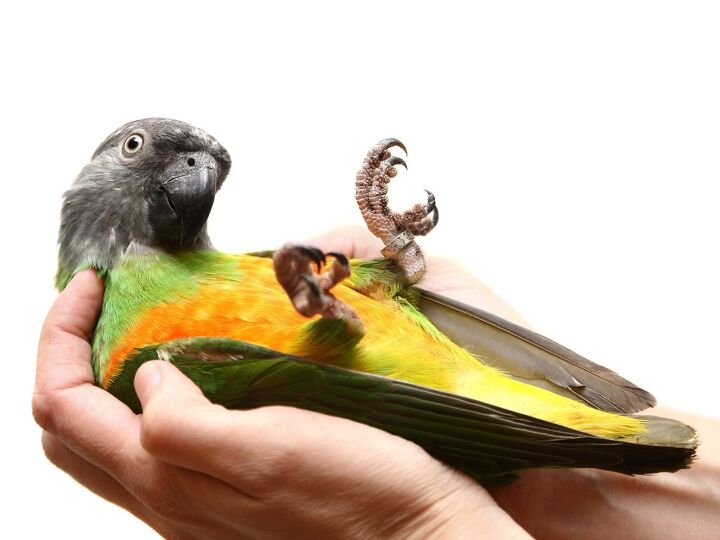
Credit: www.petguide.com
Senegal Parrots bring joy to many homes. Their unique personalities create strong bonds with their owners. These real-life stories show the experiences of Senegal Parrot families. They share both successes and challenges. Understanding these stories helps potential owners prepare for their journey.
Successes And Challenges
Every Senegal Parrot has its own story. Here are some common successes and challenges:
| Successes | Challenges |
|---|---|
| Strong bonding with owners | Noise levels can be high |
| Playful and entertaining | Need for regular mental stimulation |
| Can learn tricks and words | Health issues can arise without proper care |
| Long lifespan with good care | Socialization is crucial |
Owners often celebrate their parrot’s playful nature. Many share stories of how their Senegal Parrots learned to talk. Some also mention the challenges of keeping them entertained.
Tips From Long-term Owners
Long-term owners have valuable advice for new families:
- Provide a variety of toys: Rotate toys regularly to keep your parrot engaged.
- Daily interaction: Spend time daily with your Senegal Parrot.
- Healthy diet: Offer fresh fruits, vegetables, and quality pellets.
- Regular vet check-ups: Keep your parrot healthy and happy.
- Socialize: Introduce your parrot to new people and environments.
These tips can help owners build a strong relationship with their Senegal Parrots. Happy birds lead to happy homes!
Frequently Asked Questions
What Is The Average Lifespan Of A Senegal Parrot?
The average lifespan of a Senegal Parrot is 15 to 25 years with proper care and a healthy diet.
How Can I Extend My Senegal Parrot’s Lifespan?
Providing a balanced diet, regular veterinary check-ups, and mental stimulation can significantly extend your parrot’s lifespan.
What Factors Affect A Senegal Parrot’s Lifespan?
Diet, environment, genetics, and overall care play crucial roles in determining a Senegal Parrot’s lifespan.
Do Senegal Parrots Require Special Care?
Yes, they need a spacious cage, social interaction, and a varied diet to thrive and live longer.
How long does a senegal parrot live?
A Senegal parrot typically lives for 20 to 30 years. Their lifespan can vary based on care and environment. Proper nutrition, a clean habitat, and regular veterinary check-ups greatly influence their health and longevity. These birds thrive on a balanced diet rich in fruits, vegetables, and seeds.
Mental stimulation and social interaction are also essential. When kept in a loving home, Senegal parrots can be joyful companions for many years. Adopting one means committing to their care throughout their life, ensuring they stay happy and healthy.

